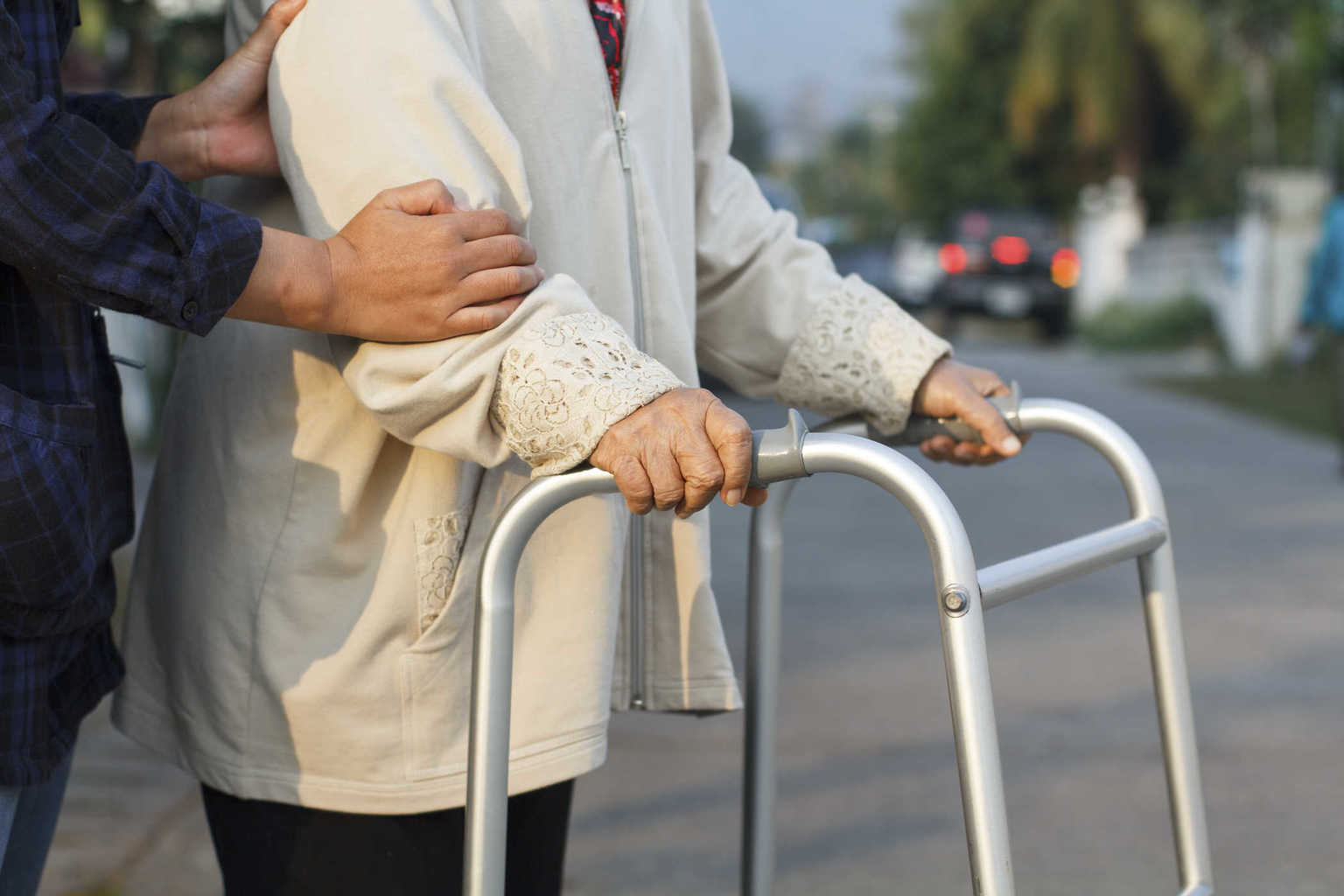Contents:
- Medical Video: How Does Exercise Impact Weight Loss?
- Is it true that eating patterns affect the brain's work?
- Why does the brain really need glucose?
- Does the wrong diet also affect mood?
- Tips for losing weight in a healthy way
Medical Video: How Does Exercise Impact Weight Loss?
You must have been on a diet to lose your weight. However, the diet in the wrong diet turns out to affect the workings of the brain. Instead of losing weight, it actually works your brain that will decrease. Don't want that to happen, right? Check out the full explanation below first.
Is it true that eating patterns affect the brain's work?
A diet that is too strict even avoids carbohydrate intake or limits carbohydrate intake to the extreme can make the body lack of glucose (sugar). In fact, glucose is needed by the brain. This can cause a decrease in cognitive function in people who choose the wrong diet when dieting.
Even though the brain weighs only 2 percent of the human body as a whole, the brain turns out to need about 20 percent of the glucose intake you consume daily. So, the estimated glucose requirement for the brain is 5.6 mg glucose per 100 grams of brain weight in one minute.
So, when you go on a diet that is very low in carbohydrates, the brain will not get an energy source. Without an energy source, brain performance will clearly decrease.
Why does the brain really need glucose?
Unlike other organs that can produce other energy sources besides glucose, the brain only relies on glucose and oxygen. Unfortunately, the body is not able to produce glucose, so glucose is only obtained from food intake.
When eating, carbohydrate intake (such as rice, bread, and noodles) will be broken down into a simple form. After that, glucose will be absorbed into the digestive tract, carried into the bloodstream to be supplied to the liver, brain and other organs.
In the brain, glucose will be used as a precursor for the formation and work of neurotransmitters in the brain, helping information processing, and as 'fuel' for the brain. Well, the brain will experience damage if you don't get an oxygen supply of more than 4-5 minutes or the glucose channel is cut off for more than 10-15 minutes.
Based on research in the United States in 2008, the group that carried out a very low-carbohydrate diet showed worse memory after being tested and compared with a group that had a low-calorie diet with balanced nutrition. So, it's clear that the diet you choose when dieting affects brain performance.
Does the wrong diet also affect mood?
Mood apparently also influenced by diet. Those who eat foods high in carbohydrates tend to be calmer and more easily drowsy than those who eat foods high in protein.
In addition, a balanced glucose intake can also help improve mood You are bad. Because, glucose can help increase the hormone serotonin which functions as a 'happy hormone'. However, if you lack glucose, the opposite will happen.
Tips for losing weight in a healthy way
Here are some tips so you can go on a healthy diet, without worrying about your brain's performance decreasing.
- Always consume fruits, vegetables and nuts as your diet menu. For carbohydrate sources, choose whole wheat bread,oatmeal, or brown rice.
- Limit sugar intake. According to the Ministry of Health, the ideal limit for sweetener and sugar intake is as much as 4 tablespoons (equivalent to 50 grams) per day.
- Avoid foods that contain unhealthy fats. For example fried foods and fast food. For good sources of fat, choose avocados, fish, cucumbers, nuts, and olive oil.
- Limit salt. We recommend using salt at most one teaspoon per day. You can reduce the use of soy sauce, chili sauce, or tomato sauce because salt is also included in the food. When cooking, use spices such as black pepper and garlic to add to the taste of food.
- Exercise regularly and drink 6-8 glasses of water per day.













